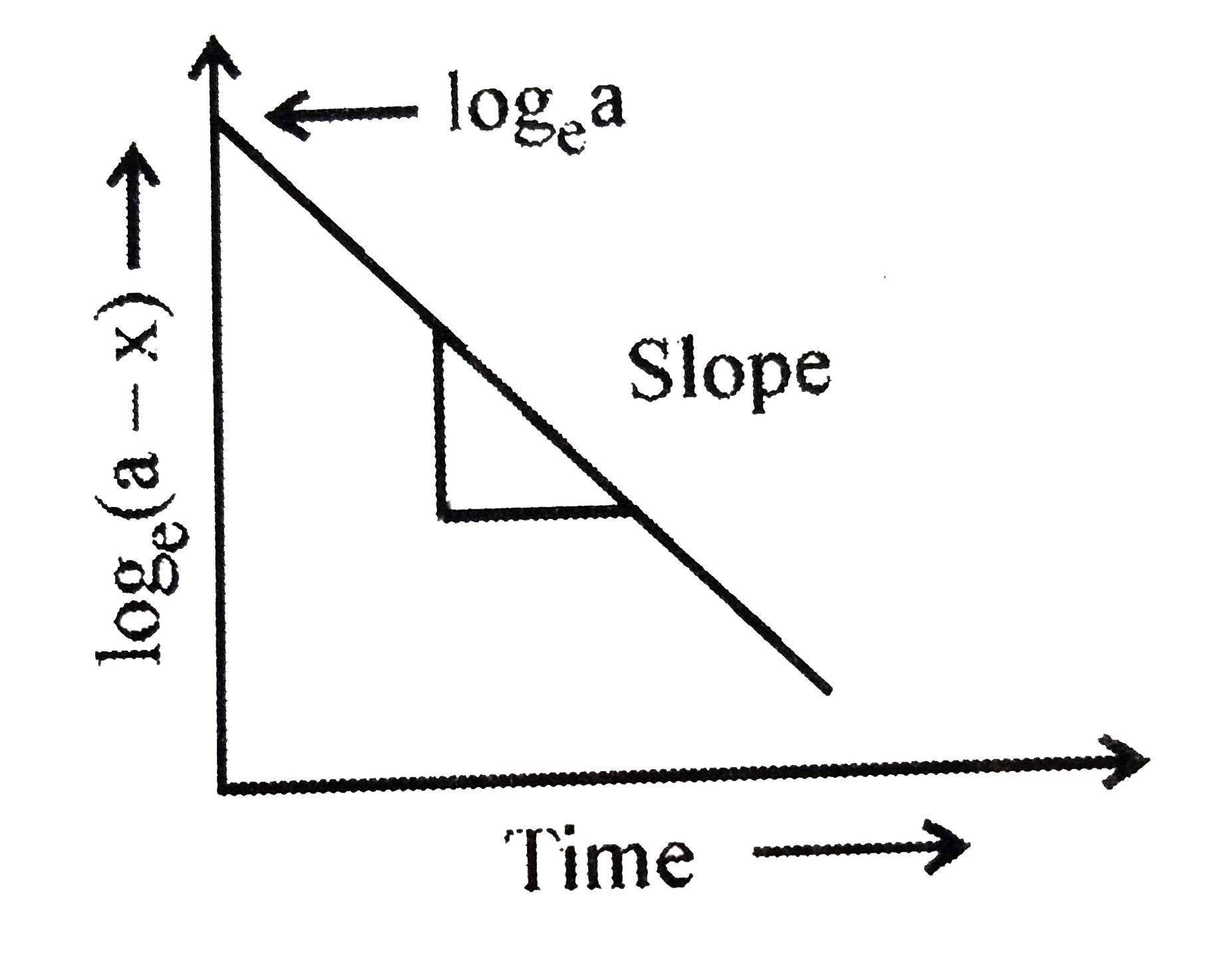Which of the following is a first order reaction:
NH5NO2(s)→N2+2H2O
2HI→H2+I2
2NO2→2NO+O2
2NO+O2→2NO2
The correct Answer is:A
To determine which of the given reactions is a first-order reaction, we need to analyze each option based on their rate laws and the order of the reactions. The order of a reaction is defined as the sum of the powers of the concentration terms in the rate law expression.
1. Understand the Definition of Reaction Order:
- The order of a reaction is the sum of the exponents of the concentration terms in the rate law equation.
2. Analyze Option 1:
- Given reaction: nH5NO2→N2+2H2O
- Rate law: Rate=k(nH5NO2)1
- Here, the exponent of (nH5NO2) is 1.
- Therefore, the order of the reaction is 1 (first-order).
3. Analyze Option 2:
- Given reaction: 2HI→H2+I2
- Rate law: Rate=k(HI)2
- Here, the exponent of (HI) is 2.
- Therefore, the order of the reaction is 2 (second-order).
4. Analyze Option 3:
- Given reaction: 2NO2→2NO+O2
- Rate law: Rate=k(NO2)2
- Here, the exponent of (NO2) is 2.
- Therefore, the order of the reaction is 2 (second-order).
5. Conclusion:
- From the analysis, only Option 1 is a first-order reaction.
Final Answer:
- The first-order reaction is Option 1: nH5NO2→N2+2H2O.
- The order of a reaction is the sum of the exponents of the concentration terms in the rate law equation.
- Given reaction: nH5NO2→N2+2H2O
- Rate law: Rate=k(nH5NO2)1
- Here, the exponent of (nH5NO2) is 1.
- Therefore, the order of the reaction is 1 (first-order).
- Given reaction: 2HI→H2+I2
- Rate law: Rate=k(HI)2
- Here, the exponent of (HI) is 2.
- Therefore, the order of the reaction is 2 (second-order).
- Given reaction: 2NO2→2NO+O2
- Rate law: Rate=k(NO2)2
- Here, the exponent of (NO2) is 2.
- Therefore, the order of the reaction is 2 (second-order).
- From the analysis, only Option 1 is a first-order reaction.
- The first-order reaction is Option 1: nH5NO2→N2+2H2O.
Similar Questions
Knowledge Check
- Question 1 - Select One
Which of the following is not a first order reaction
AHydrolysis of an ester in acidic mediumBDecomposition of N2O5Cdecomposition of calcium carbideDOxidation of nitric oxide. - Question 2 - Select One
Which of the following is pseudo first order reaction?
A2H2O2→2H2O+O2B2O3→3O2CCH3COOC2H5+NaOH→CH3COONa+C2H5OHDCH3COOC2H5+H2OH+−−→CH3COOH+C2H5OH - Question 3 - Select One
for first order reaction
A−k=2.303tlog(a−x)aBλ=2.303tlogNtN0C−K=2.303tlogaa−xDλ=2.303tlogaa−x
Which one of the following is not a first order reaction?
View SolutionWhich of the following is true for a first order reaction?
(Given log1.428=0.154)View SolutionWhich of the following is/are correct for reactions of first order ?
View SolutionWhich of the following is/are correct for reactions of first order ?
View SolutionFor the first order reaction:
View Solution


